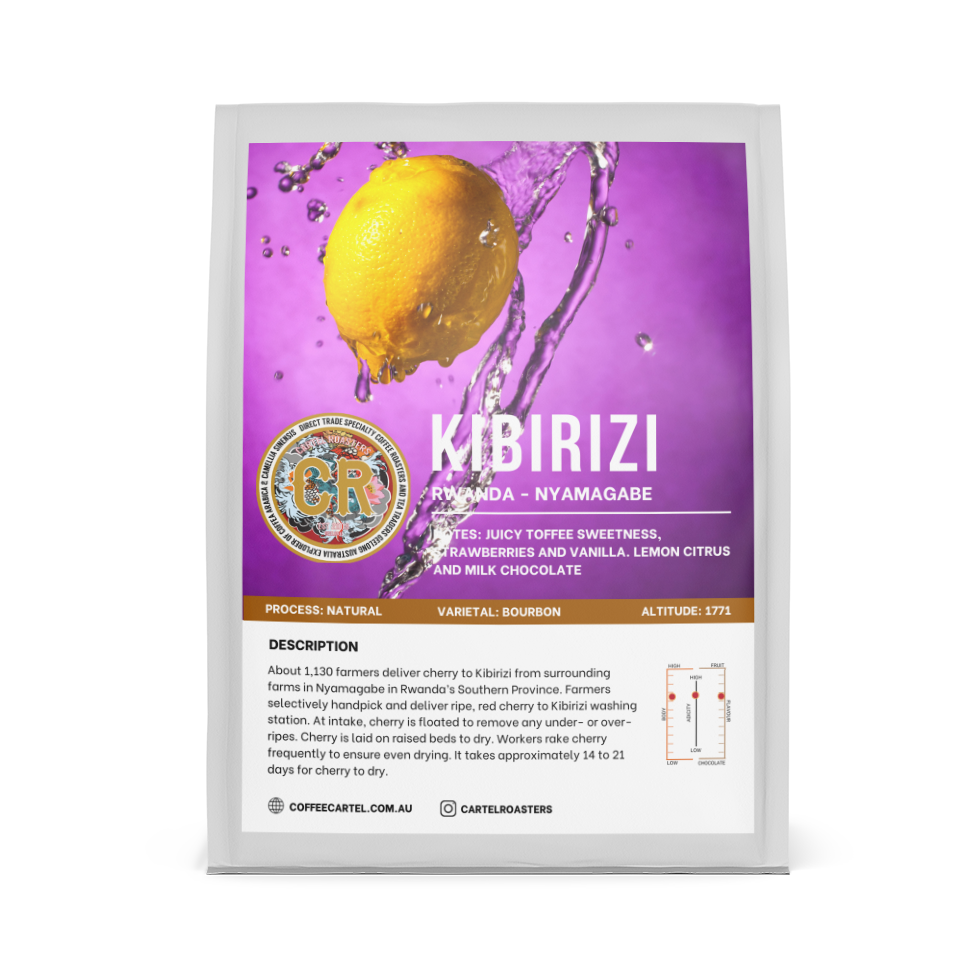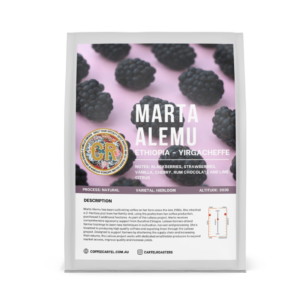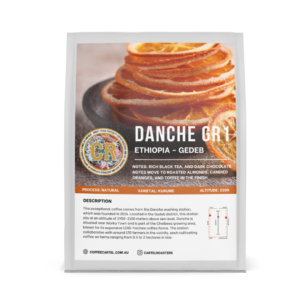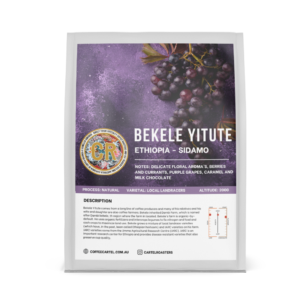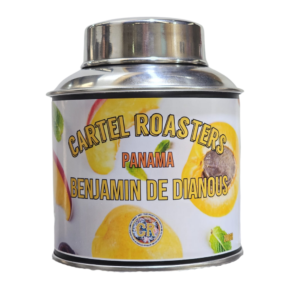About this coffee
- Altitude: 1771 MASL
- Farmer: KIBIRIZI
- COUNTRY: RWANDA
NOTES: JUICY TOFFEE SWEETNESS, STRAWBERRIES AND VANILLA. LEMON CITRUS AND MILK CHOCOLATE
About 1,130 farmers deliver cherry to Kibirizi from surrounding farms in Nyamagabe in Rwanda’s Southern Province. Farmers selectively handpick and deliver ripe, red cherry to Kibirizi washing station. At intake, cherry is floated to remove any under- or over-ripes. Cherry is laid on raised beds to dry. Workers rake cherry frequently to ensure even drying. It takes approximately 14 to 21 days for cherry to dry.
Despite its turbulent history, today Rwanda is one of the specialty coffee world’s darlings – for good reason! Our sister company in Rwanda does an amazing job of bringing the best that Rwanda has to offer to roasters around the world.
German missionaries and settlers brought coffee to Rwanda in the early 1900s. Largescale coffee production was established during the 1930 & 1940s by the Belgian colonial government. Coffee production continued after the Belgian colonists left. By 1970, coffee had become the single largest export in Rwanda and accounted for 70% of total export revenue. Coffee was considered so valuable that, beginning in 1973, it was illegal to tear coffee trees out of the ground.
Between 1989 and 1993, the breakdown of the International Coffee Agreement (ICA) caused the global price to plummet. The Rwandan government and economy took a hard hit from low global coffee prices. The 1994 genocide and its aftermath led to a complete collapse of coffee exports and vital USD revenue, but the incredible resilience of the Rwandan people is evident in the way the economy and stability have recovered since then.
Modern Rwanda is considered one of the most stable countries in the region. Since 2003, its economy has grown by 7-8% per year and coffee production has played a key role in this economic growth. Coffee has also played a role in Rwanda’s significant advancements towards gender equality. New initiatives that cater to women and focus on helping them equip themselves with the tools and knowledge for farming have been changing the way women view themselves and interact with the world around them.
Today, smallholders propel the industry in Rwanda forward. The country doesn’t have any large estates. Most coffee is grown by the 400,000+ smallholders, who own less than a quarter of a hectare. The majority of Rwanda’s coffee production is Arabica. Bourbon variety plants comprise 95% of all coffee trees cultivated in Rwanda.

